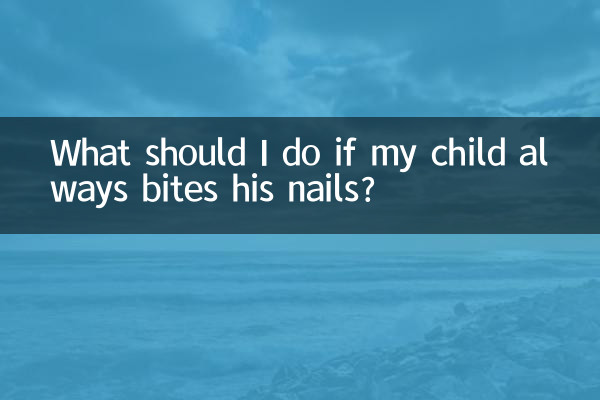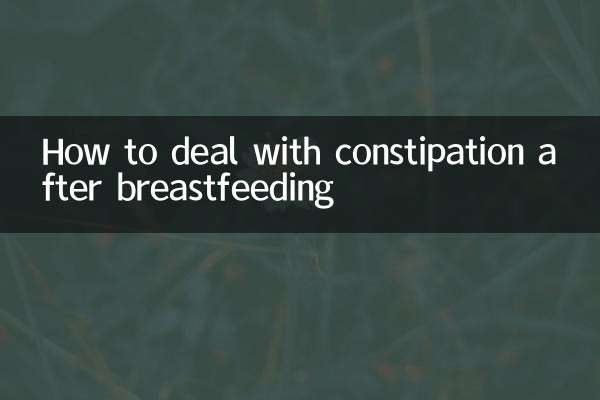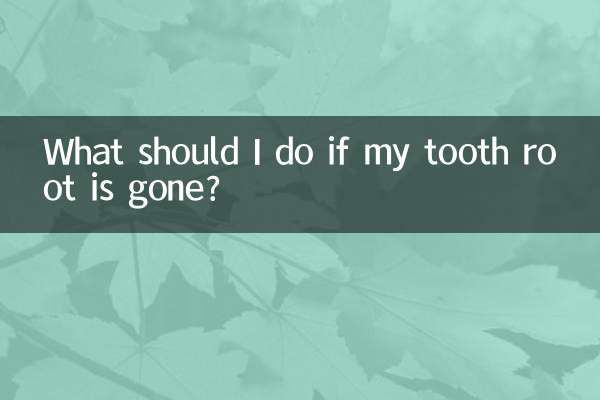What should I do if my child always bites his nails? ——Cause analysis and scientific response guide
Nail biting (medically known as "onychophagia") is a common habitual behavior among children. In the past 10 days, the discussion on this topic has remained high on the Internet. This article combines the latest parenting research and parent feedback to present solutions in a structured way.
1. Relevant data statistics of the entire network (last 10 days)

| Data dimensions | Statistical results |
|---|---|
| Weibo topic reading volume | #childrenbitingnails# 120 million times |
| Short video platform related videos | The total views of Douyin/Kuaishou exceed 80 million |
| Survey proportion of professional institutions | 38% of children aged 3-10 years have this behavior |
| Top 3 issues parents are most concerned about | Health effects (65%)/Psychological causes (52%)/Correction methods (89%) |
2. Three core reasons for biting nails
1.psychological factors: Anxiety/stress (such as the adjustment period for school), boredom, imitating other people’s behavior
2.Physiological factors3.environmental factors: Tense family atmosphere and frequent corrections by caregivers lead to rebellion
3. Comparison table of solutions by age group
| age stage | behavioral characteristics | Interventions |
|---|---|---|
| 3-5 years old | unconscious habitual actions | • Teething toys provided • Trim rounded nails • Picture book guide (such as "Nails Don't Grow Long") |
| 6-8 years old | stress relief behavior | • Emotion diary recording • Apply bitters to fingers (doctor's guidance required) • Set up a reward system |
| 9 years and above | stubborn habits | • Cognitive behavioral therapy • Professional manicure • Mindfulness training |
4. Parental Operation Guide
1.Avoid the three taboos:
• Sudden flapping of hands (reinforces memory)
• Public criticism (hurts self-esteem)
• Using irritants such as chili oil (may trigger allergies)
2.Effective three-step method:
•Observation record: Record daily occurrence scenes/frequency
•alternative behavior:Hand games/stress relief balls, etc.
•Positive motivation: Award small stars for each reduction.
5. Warning signs that require medical treatment
It is recommended to see a pediatrician when the following conditions occur:
• Nail bed bleeding/recurrent infection
• Accompanied by hair pulling/skin picking and other behaviors
• No improvement persists for more than 6 months
Latest research supplement: A 2024 study by Johns Hopkins University shows that moderate supplementation of probiotics (Rhamnosus) can reduce neurological nail biting behavior by 25%. It is recommended to try it under the guidance of a doctor.
Correcting nail biting requires patience and usually takes 21-90 days to form a new habit. Parents should maintain a calm mind and pay more attention to their children's emotional needs rather than simply correcting the behavior itself.

check the details

check the details